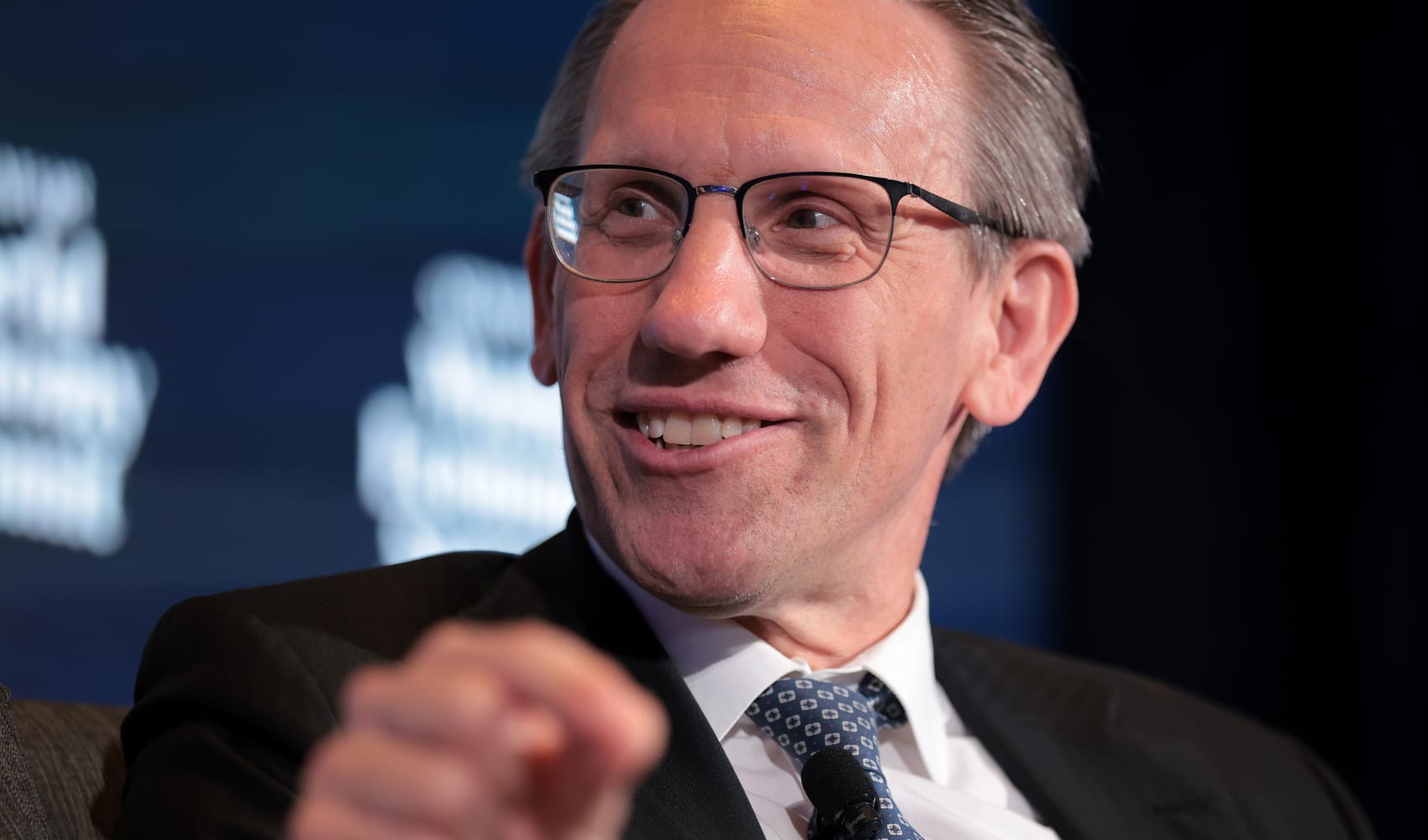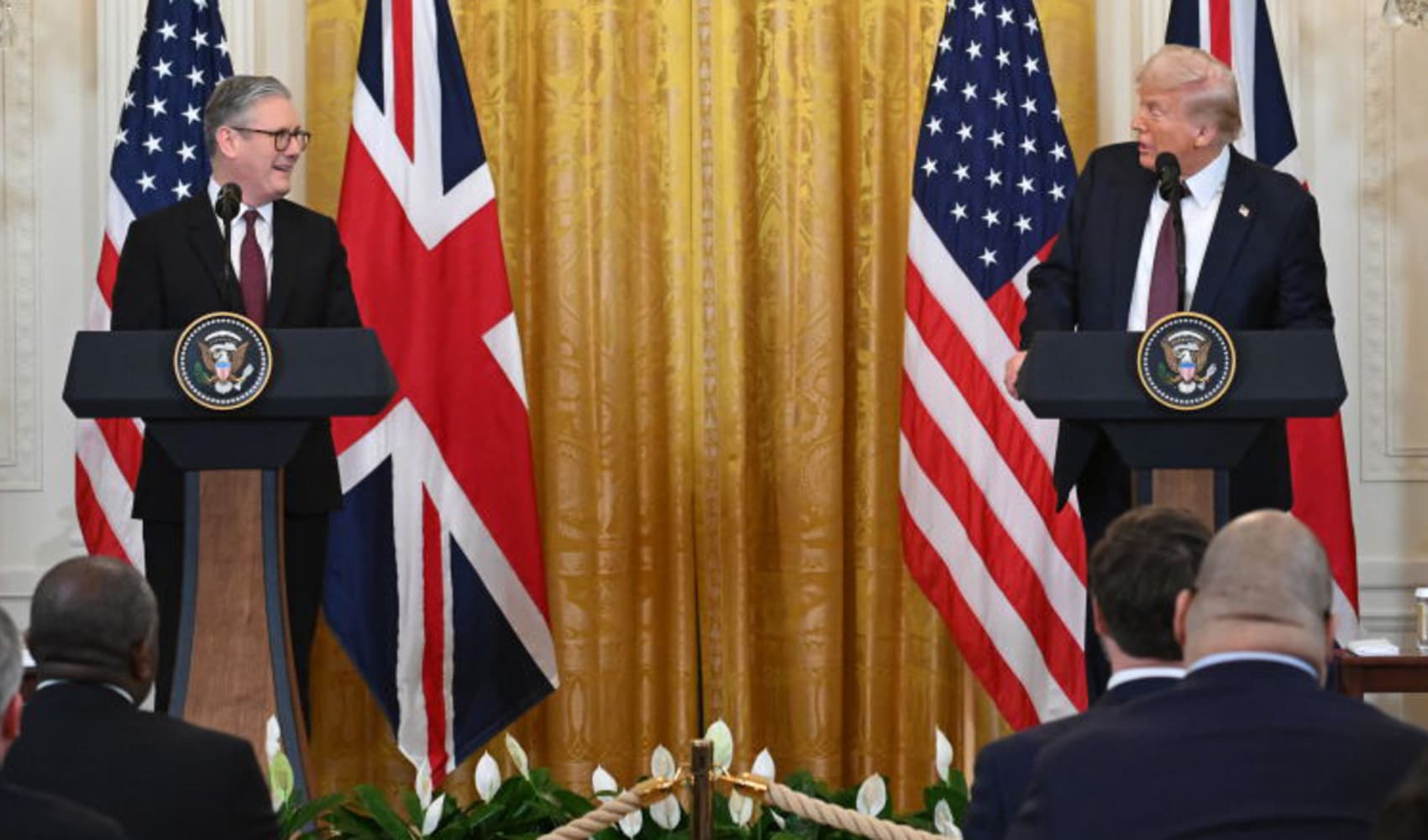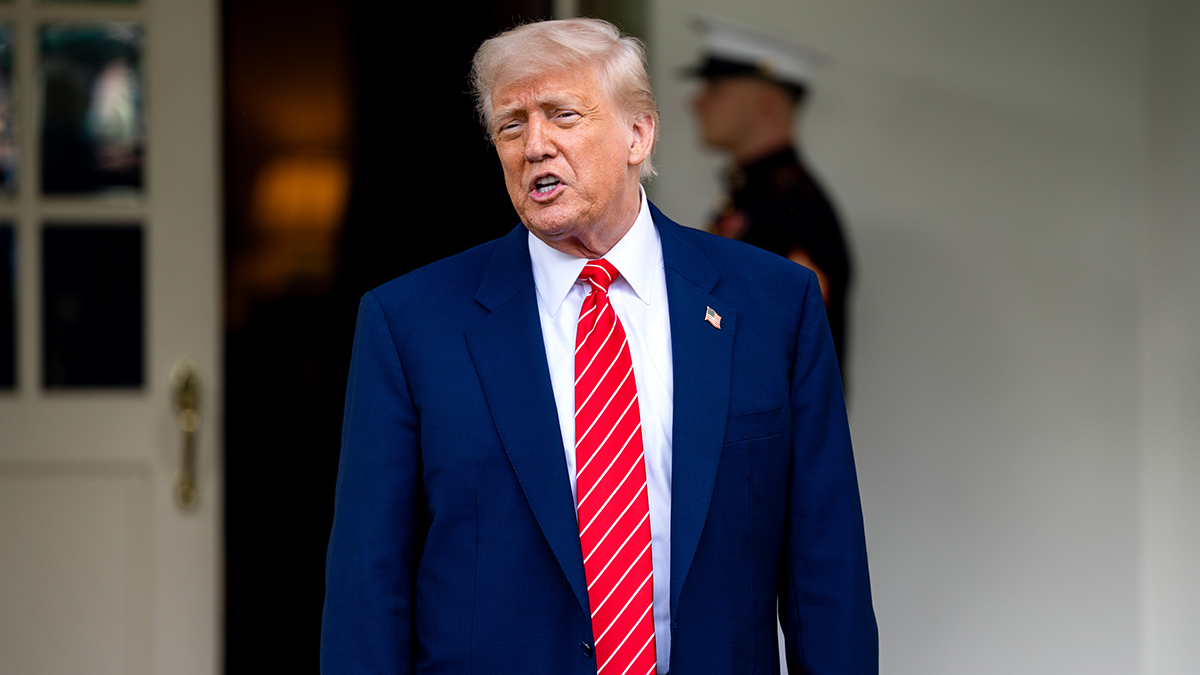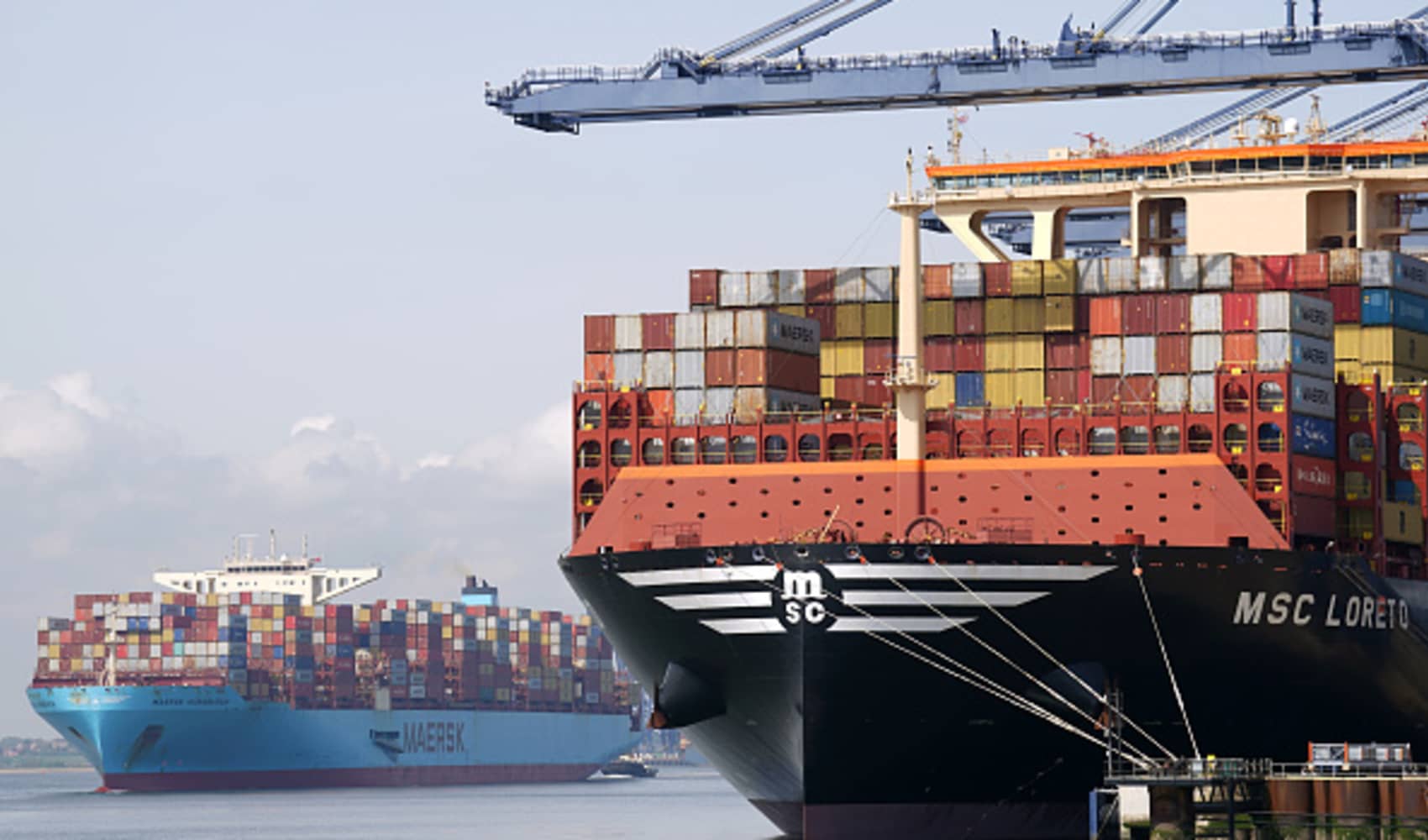German Tariffs: Is US Trade Trust Broken? Minister Speaks Out
German Finance Minister Stays Optimistic: Trade War Averted?
Introduction: A Bridge Across the Atlantic?
In a world seemingly teetering on the edge of trade wars and escalating tariffs, a glimmer of hope emerges from an unexpected source: Germany. Joerg Kukies, acting German finance minister, recently offered a reassuring perspective, stating that the trust between Europe and the U.S., while strained, is not yet broken. But is this optimism warranted? Can the transatlantic relationship withstand the pressure of protectionist policies? Let's delve into the details.
Kukies' Confidence: Grounded in History?
Kukies' remarks, delivered to CNBC, suggest a long-term view. He emphasized that the transatlantic partnership has been forged over decades. “For trust to be broken, a lot more would have to happen because the transatlantic partnership has been built over so many decades that we will not get carried away by the statement of tariffs,” he said. Think of it like a well-established tree; it can withstand a strong wind, but continuous storms could eventually uproot it.
The Weight of History
The post-World War II era saw the U.S. play a crucial role in rebuilding Europe. This shared history created strong economic and political ties. Can these ties really be severed by a few tariff policies?
The Zero-for-Zero Dream: A Trade Utopia?
Kukies expressed a preference for a "zero-for-zero" tariff agreement between the U.S. and the EU. What does this even mean? It's essentially a scenario where both sides eliminate all tariffs on goods traded between them. Sounds like a win-win, right?
What is a Zero-for-Zero Tariff Agreement?
Simply put, it's the complete removal of tariffs on both sides of a trade relationship. No tariffs for you, no tariffs for us. A trade Nirvana, if you will. But is it realistic?
The Trump Tariff Policies: A Source of Tension
President Trump's administration has implemented tariffs on various goods, including steel and aluminum, impacting European economies. This has created friction and led to retaliatory tariffs from the EU. Are these tariffs just negotiating tactics, or do they represent a fundamental shift in U.S. trade policy?
Steel and Aluminum Tariffs: The First Shots Fired?
These tariffs were among the first major trade actions taken by the Trump administration, signaling a more protectionist stance. The EU responded with its own tariffs on U.S. goods, escalating the situation.
The EU Response: Retaliation or Negotiation?
The EU's retaliatory tariffs are a direct response to the U.S. measures. They target specific U.S. products, aiming to inflict economic pain and encourage the U.S. to reconsider its policies. Is this a game of chicken, or a genuine effort to protect European interests?
A Tit-for-Tat Trade War?
Each side imposes tariffs on the other, leading to a cycle of escalating tensions. This scenario is detrimental to both economies, increasing costs for consumers and businesses.
The Impact on German Economy: An Export Powerhouse
Germany, as a major exporter, is particularly vulnerable to trade wars. Tariffs on German goods entering the U.S. could significantly impact its economy. How is Germany preparing for this potential fallout?
The Auto Industry: A Key Concern
The German auto industry is a significant exporter to the U.S. Tariffs on cars would severely impact this sector, potentially leading to job losses and reduced economic growth.
The Broader European Perspective: A United Front?
The EU generally presents a united front in trade negotiations. However, internal divisions and differing economic priorities can complicate matters. Can the EU maintain its cohesion in the face of U.S. trade pressure?
Internal EU Divisions: A Weakness in the Armor?
Different member states have different economic interests and priorities. This can make it challenging to reach a unified position on trade issues, potentially weakening the EU's negotiating power.
Geopolitical Implications: Beyond Economics
Trade disputes can have broader geopolitical implications, affecting alliances and international relations. A strained relationship between the U.S. and Europe could have significant consequences for global security and stability. Is this just about money, or is there more at stake?
The China Factor: A Shared Concern?
Both the U.S. and Europe share concerns about China's trade practices. Could this shared concern lead to closer cooperation on trade issues?
The Future of Transatlantic Trade: Uncertain Waters
The future of transatlantic trade remains uncertain. While Kukies expresses optimism, the situation is volatile and dependent on political decisions. Will the U.S. and EU find a way to de-escalate tensions and reach a mutually beneficial agreement?
Scenario Planning: Preparing for the Worst
Businesses and governments are likely engaging in scenario planning, preparing for various outcomes, including a full-blown trade war. This involves assessing the potential impact on different sectors and developing strategies to mitigate the risks.
Consumer Impact: Higher Prices and Less Choice?
Ultimately, tariffs are paid by consumers. They lead to higher prices and reduced choice, impacting living standards. Are consumers aware of the potential consequences of trade wars?
The Hidden Cost of Protectionism
Protectionist measures may protect domestic industries in the short term, but they often come at a cost to consumers, who end up paying more for goods and services.
Global Trade Dynamics: A Shifting Landscape
The current trade tensions are part of a broader shift in global trade dynamics. Emerging economies are playing an increasingly important role, and established trade relationships are being re-evaluated. Is this the end of globalization as we know it?
The Rise of Emerging Markets
Countries like China and India are becoming major players in global trade, challenging the dominance of traditional economic powers like the U.S. and Europe.
The Role of Diplomacy: Dialogue is Key
Diplomacy and negotiation are crucial for resolving trade disputes. Open communication and a willingness to compromise are essential for finding common ground. Can cooler heads prevail?
Back Channels and Quiet Diplomacy
Sometimes, progress is made through informal channels and behind-the-scenes negotiations. These efforts can help to build trust and find creative solutions.
The Importance of Trust: A Fragile Commodity
Trust is essential for any successful economic relationship. Once broken, it is difficult to rebuild. Kukies' emphasis on maintaining trust is therefore crucial. Can trust be restored, even after tariffs have been imposed?
The Value of Long-Term Relationships
Long-term relationships are built on trust and mutual respect. These relationships are more resilient and can withstand temporary setbacks.
Conclusion: Navigating the Trade Turbulence
Despite the challenges posed by tariff policies, the German finance minister's perspective offers a cautious optimism. The transatlantic partnership, built over decades, remains a valuable asset. While the path forward is uncertain, a "zero-for-zero" tariff agreement remains a desirable goal. The key lies in maintaining open communication, fostering trust, and avoiding a destructive trade war. The fate of transatlantic trade, and perhaps the global economy, hangs in the balance.
Frequently Asked Questions
Here are some frequently asked questions about the current trade situation between the U.S. and Europe:
What exactly are tariffs?
Tariffs are taxes imposed on imported goods. They increase the cost of these goods, making them more expensive for consumers and businesses.
Why are tariffs being imposed?
Governments impose tariffs for various reasons, including protecting domestic industries, generating revenue, and retaliating against unfair trade practices.
What is a trade war?
A trade war is a situation where countries impose retaliatory tariffs on each other, leading to escalating trade tensions and potentially harming the global economy.
How do tariffs affect consumers?
Tariffs lead to higher prices for imported goods, which can reduce consumer purchasing power and limit choices.
What is the potential impact of a U.S.-EU trade war?
A trade war between the U.S. and EU could significantly disrupt global trade, harm economic growth, and increase uncertainty for businesses and investors.




